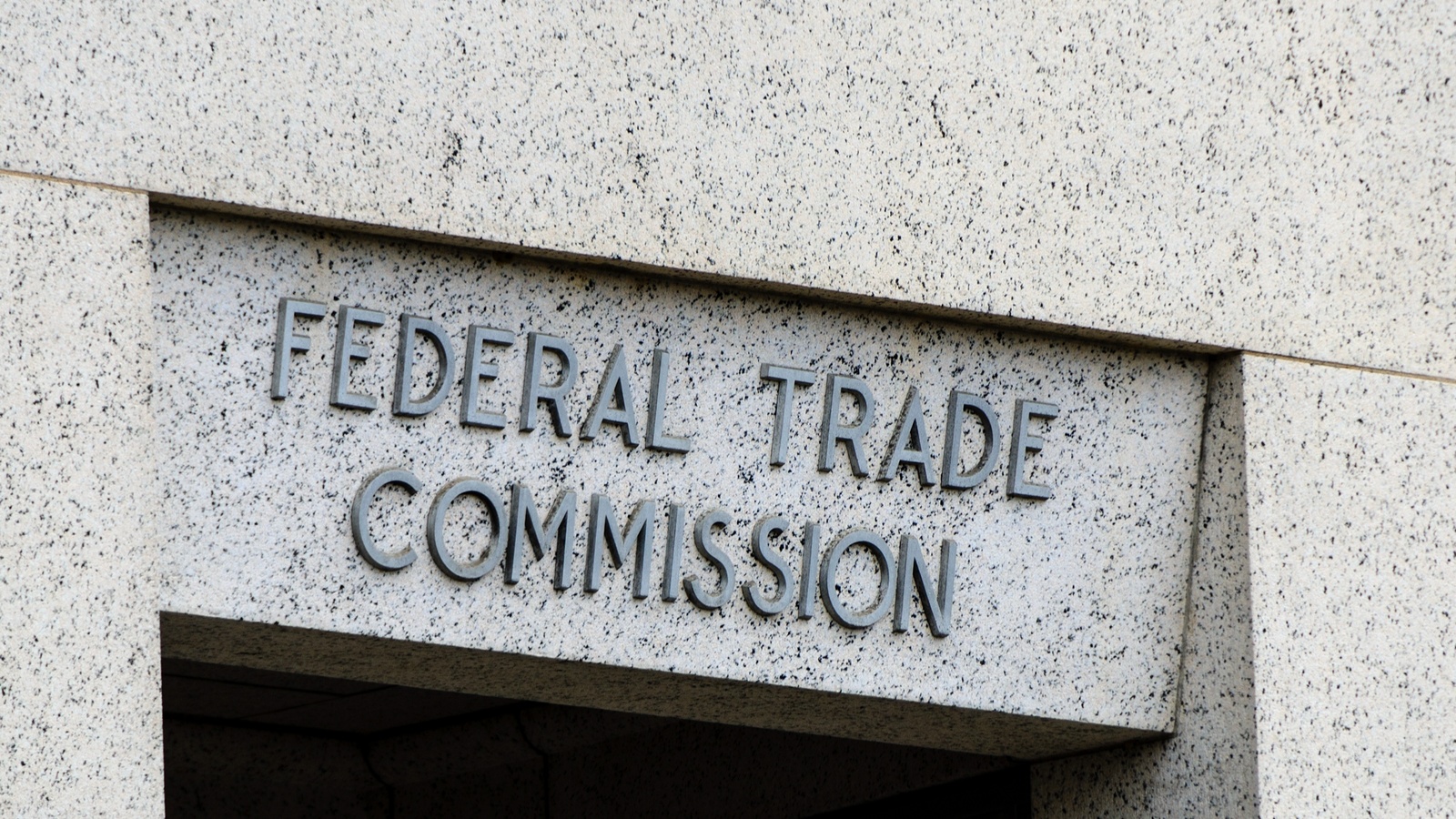NAM Opposes FTC Ban on Noncompete Agreements

The NAM is opposing the Federal Trade Commission’s proposed ban on all noncompete agreements, pushing back on a move that would damage the manufacturing industry. We talked to NAM Vice President of Infrastructure, Innovation and Human Resources Policy Robyn Boerstling about the NAM’s reasoning on this crucial issue.
What noncompetes do: As Boerstling put it, manufacturers use noncompete agreements only for select workers handling their most sensitive information.
- That information might include the details of the company’s most sophisticated processes and strategies, which cannot be allowed to fall into competitors’ hands.
- Not only do these employees handle the keys to a company’s success, Boerstling added, but they are the recipients of significant investments in time, compensation and training.
The potential damage: Banning noncompetes would force companies to revamp their human capital operations completely, argued Boerstling.
- It would mean that trade secrets or other essential information might walk out the door and be exploited not only by competitors, but also by foreign adversaries.
- Manufacturers would be forced to put in place burdensome controls or silo parts of their operations from each other, which would result in less training for employees and less efficiency across various divisions.
- In a highly competitive industry—not to mention during significant economic uncertainty—that is a high price to pay, Boerstling pointed out.
Why not something else? Noncompete agreements are a critical tool for protecting manufacturers’ intellectual property, and alternatives like nondisclosure agreements are not sufficient, said Boerstling.
- In fact, in IP cases, courts look specifically at whether a company has employed noncompete agreements in deciding whether that company has taken reasonable steps to protect their property and processes.
FTC in the wrong: The FTC is wrong to put forth this blanket ban on a number of counts, said Boerstling.
- First, the rulemaking concerns an issue of “vast economic and political significance” that is beyond the scope of the FTC Act.
- Second, the regulation of these agreements has been handled successfully at the state level, a situation that works well for manufacturers.
- Third, the FTC is being too simplistic by striking at all noncompetes at once. Complex technical industries require noncompetes for good reason, as their sophisticated IP is the core of their business.
- Last, this ban is set to be retroactive, which is sure to cause confusion for both employers and employees.
What the NAM wants: The NAM objects to the FTC’s proposal in its current form and asks that it be withdrawn until the FTC can propose a more tailored approach that allows for sensible exemptions, said Boerstling.
